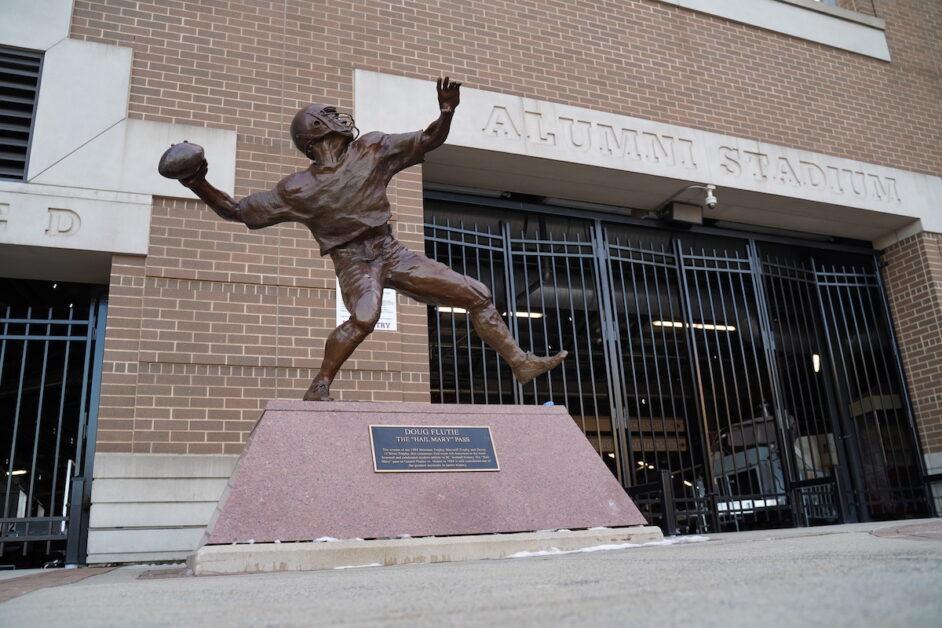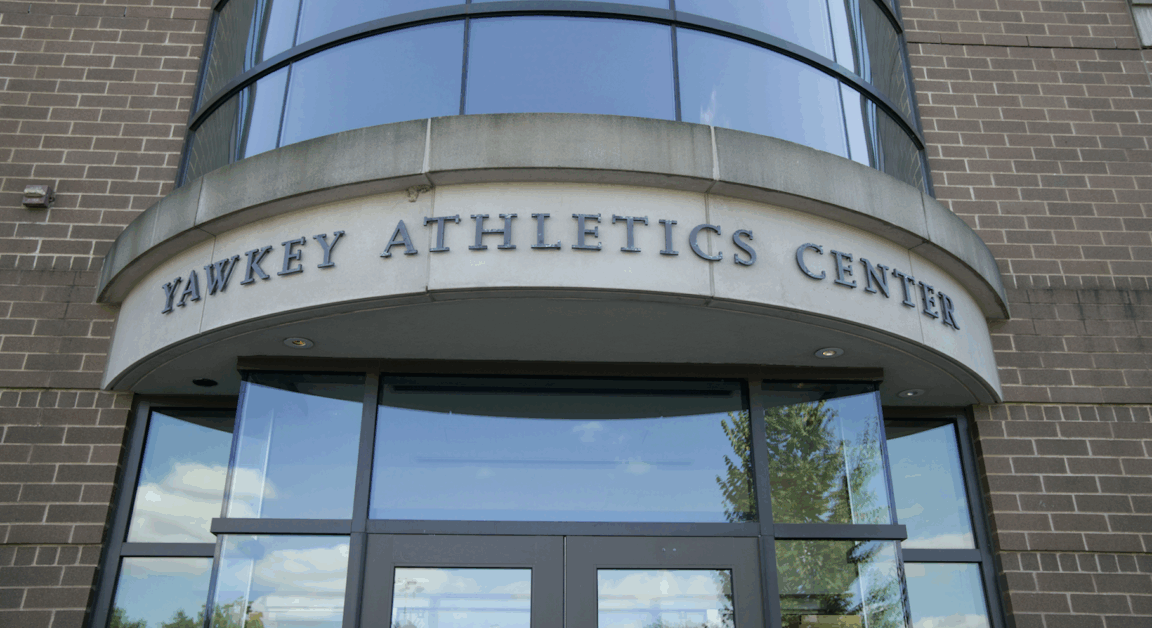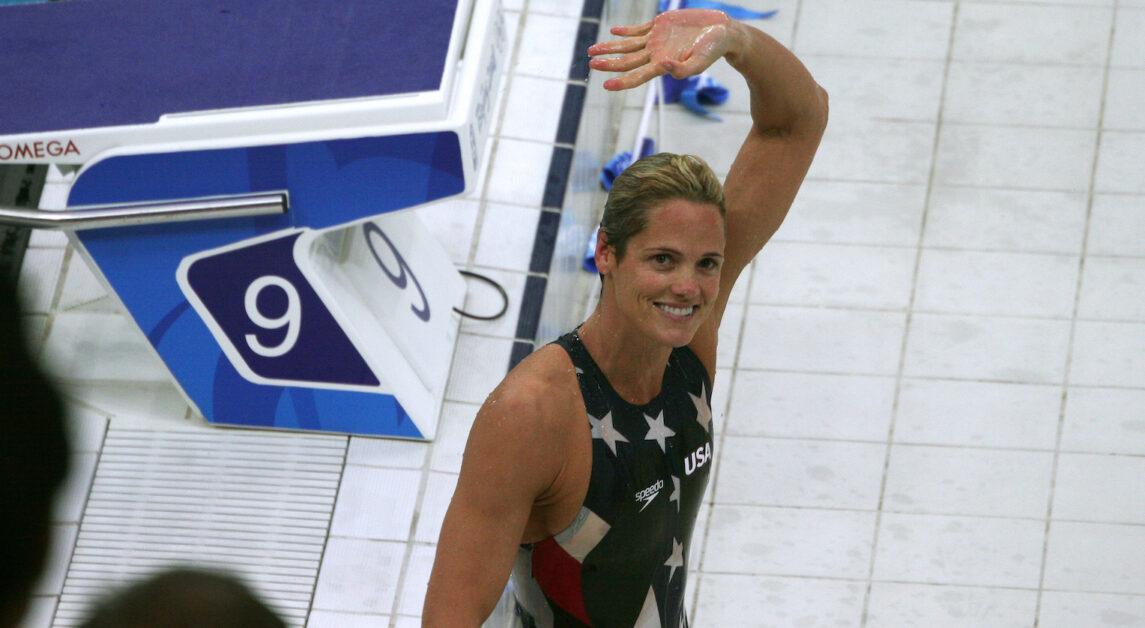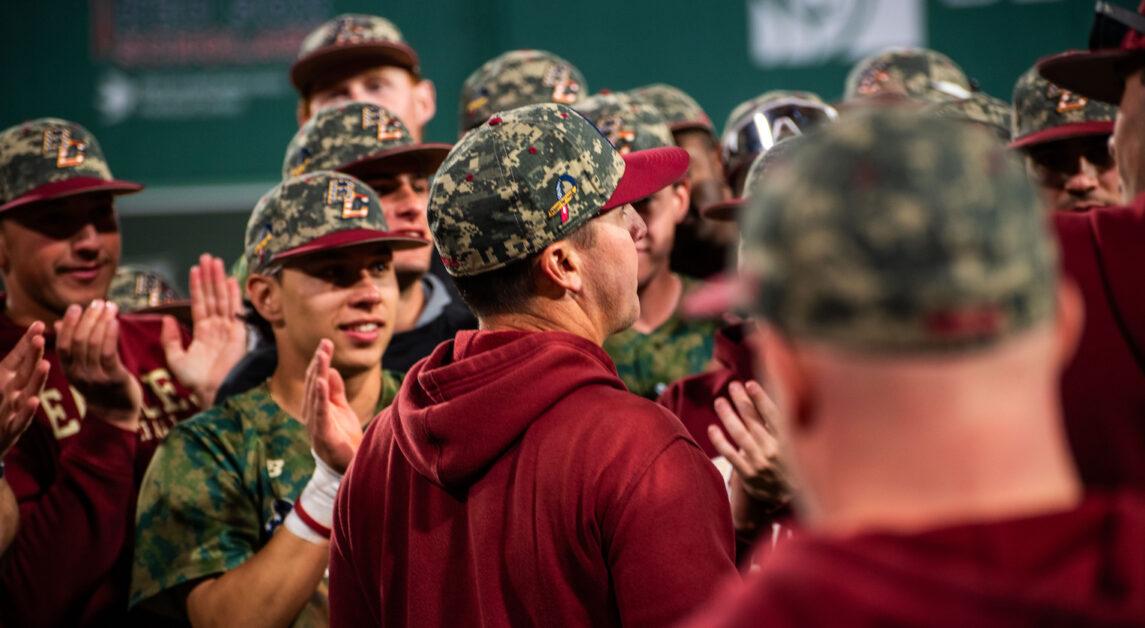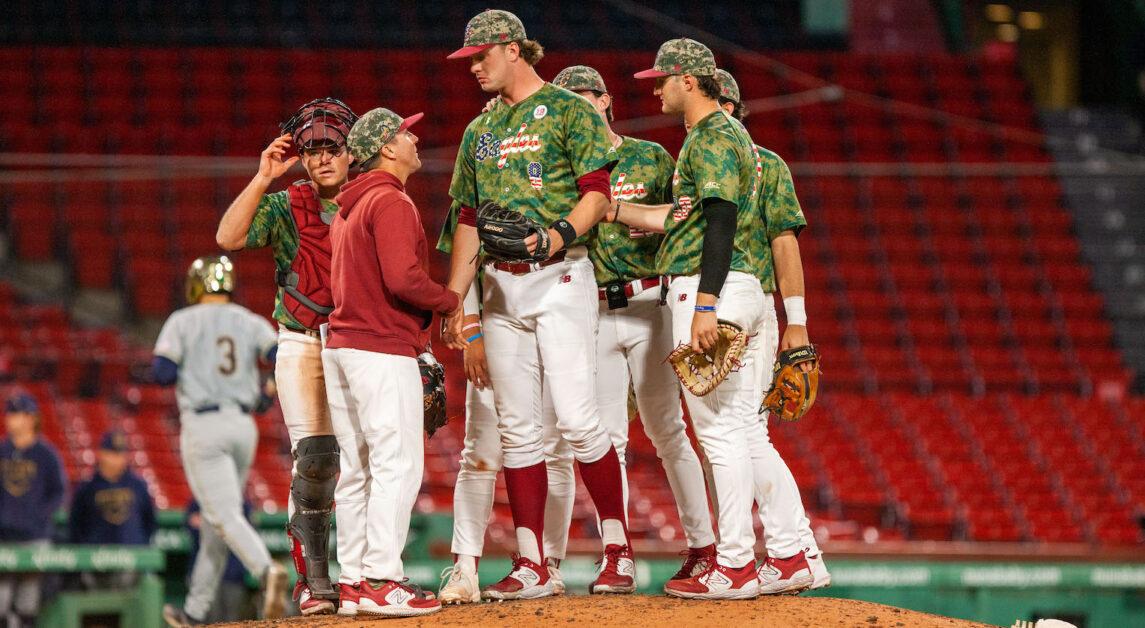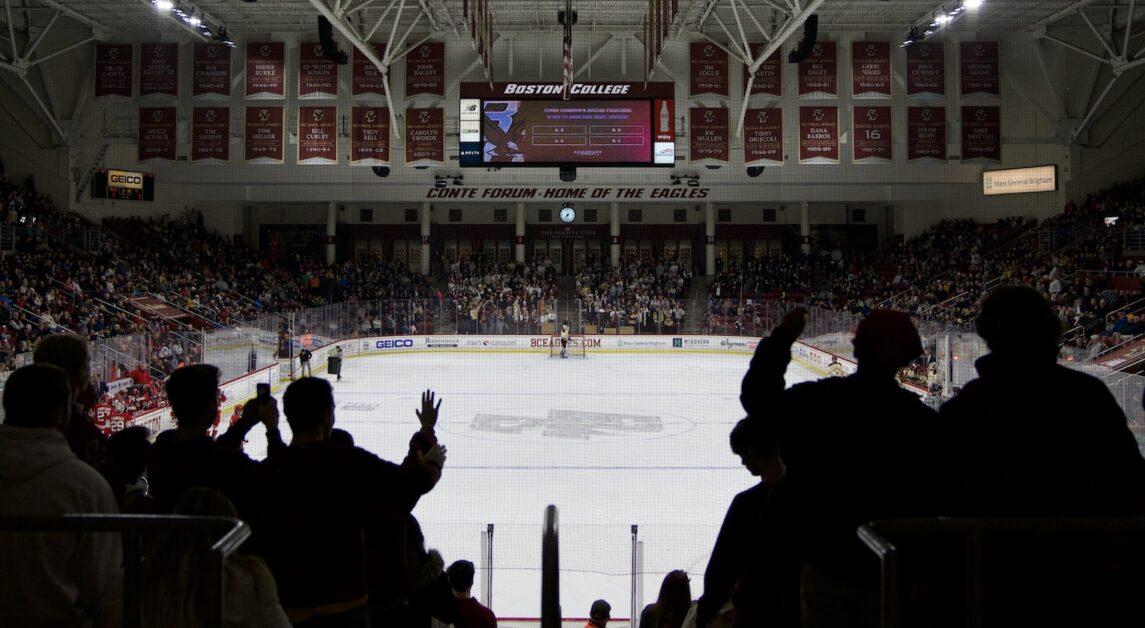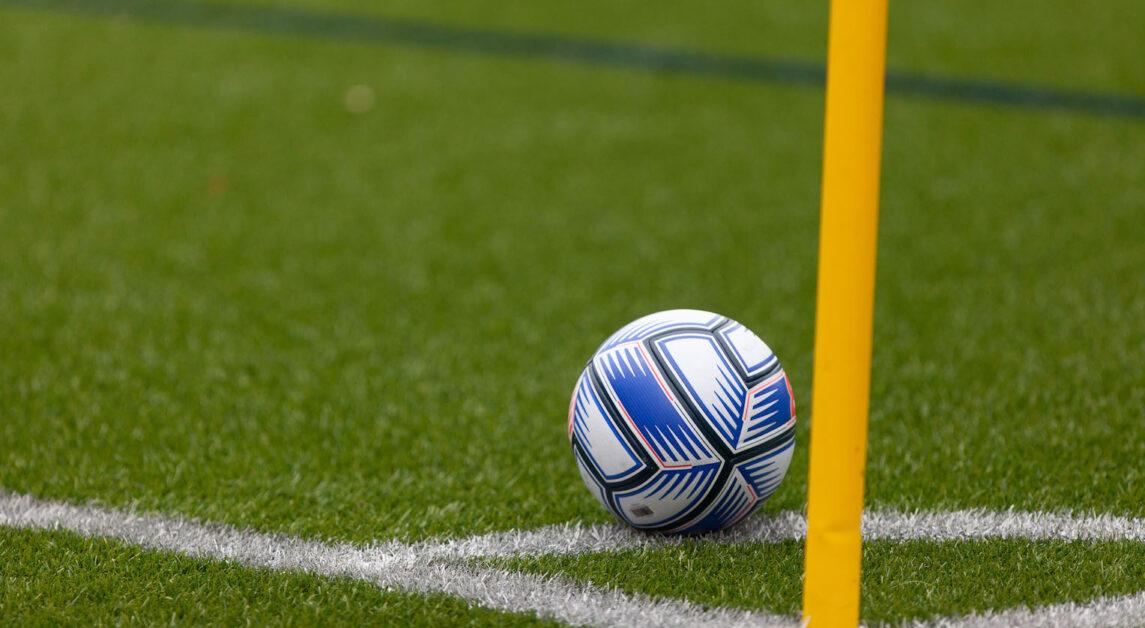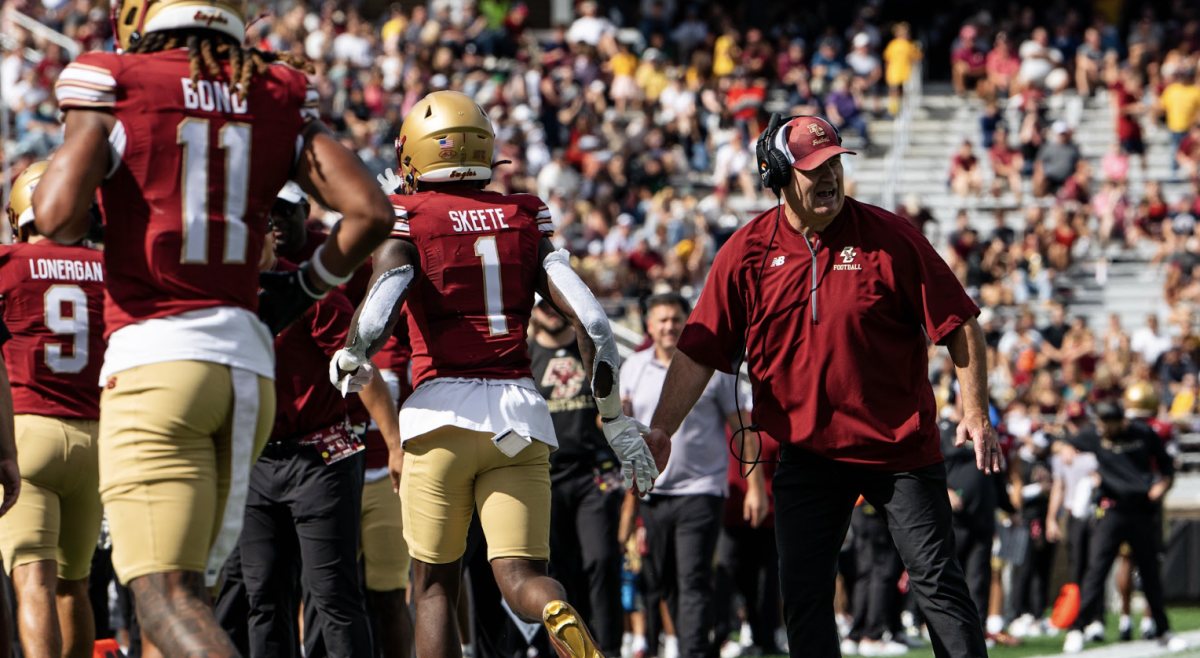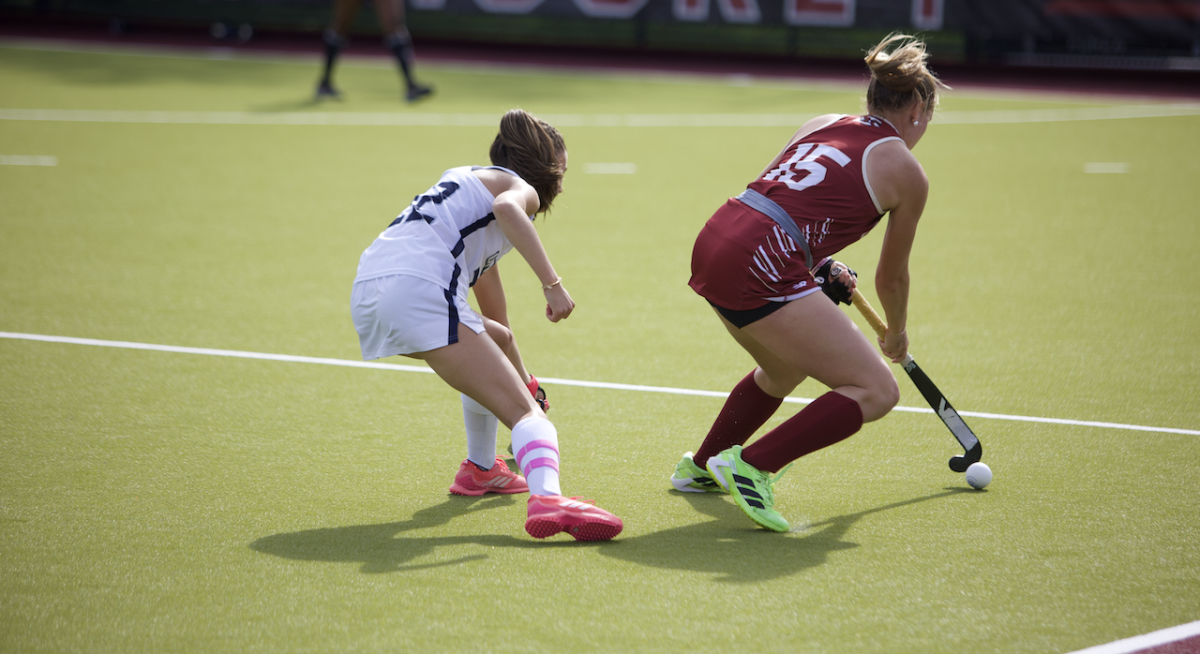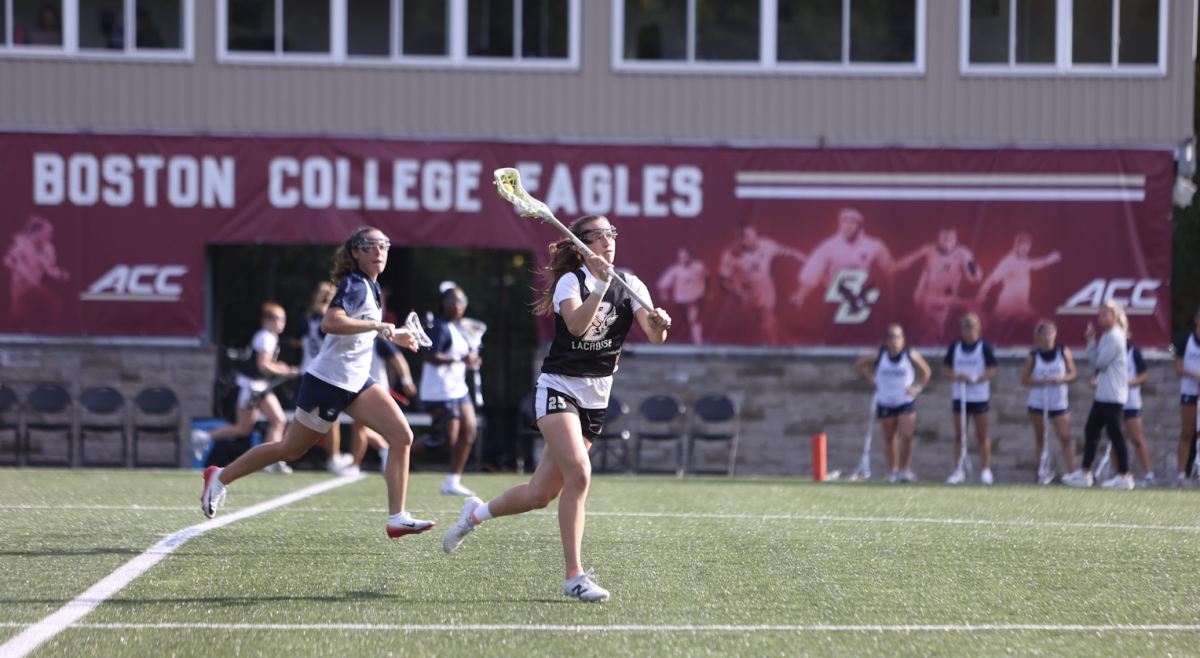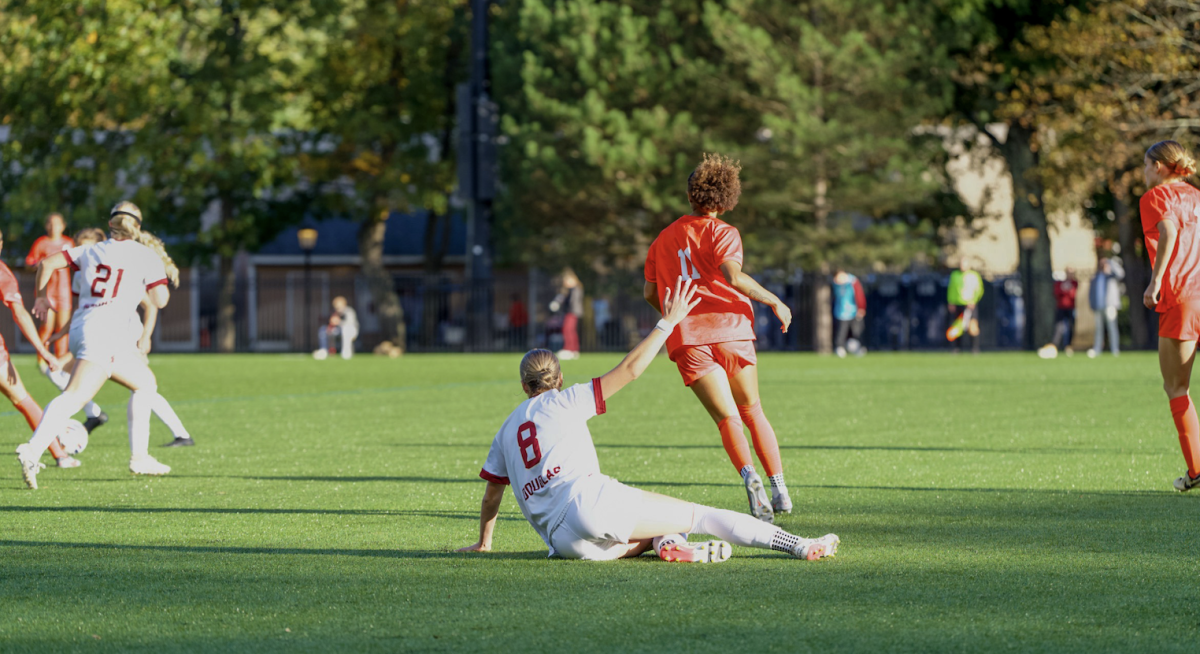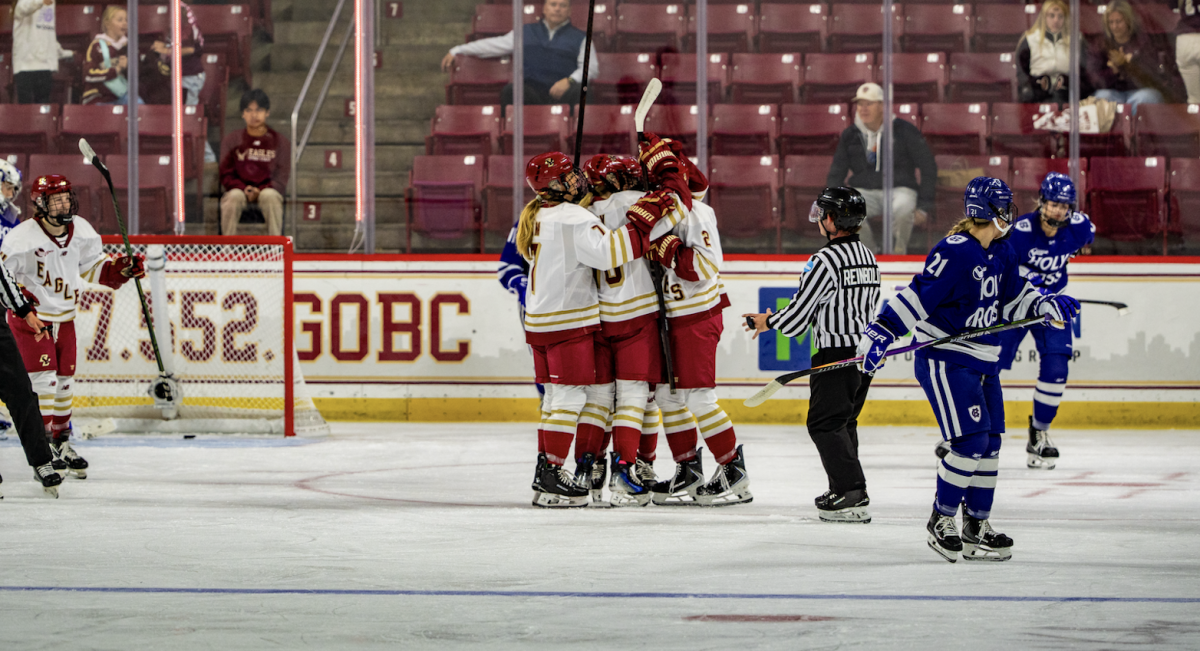When the Supreme Court ruled against the NCAA in an antitrust case just over one week ago, it opened the door for collegiate athletes to profit off their name, image, and likeness (NIL) through endorsements and a variety of other alleys. Starting Thursday, every NCAA athlete in the country will be able to make such deals.
The NCAA’s board of directors decided last Wednesday to officially suspend its rules against athletes from selling the rights to their NIL. As a result, Boston College Athletics announced the beginning of the SOAR program on Tuesday , which is designed to help BC student-athletes capitalize on NIL opportunities.
“The SOAR program will give our student-athletes all the tools to help them reach their full potential in regards to building their brand and maximizing their opportunities in the NIL space,” Athletics Director Pat Kraft said in a statement. “Being in a world-class city like Boston presents so many unique opportunities for our student-athletes to take advantage of, and provides them with the education and support to thrive in this new marketplace.”
BC will partner with Athliance and Opendorse through the SOAR program in order to build and enhance their personal brand. The SOAR program will also provide educational opportunities in order to educate student-athletes in social media and branding, entrepreneurship, personal finance, and contract law.
“This new partnership is in the best interest of our student-athletes,” Kraft said. “We are excited for the promise it holds for them in the coming years.”
Though the rule changes are a vast shift from the NCAA’s previous policies, the organization will still prevent schools from paying players directly. These rules also bar schools from using payments to assist in recruiting.
The change also aims to streamline what was previously a set of laws that differed from state to state.
“With the variety of state laws adopted across the country, we will continue to work with Congress to develop a solution that will provide clarity on a national level,” NCAA President Mark Emmert said in a statement. “The current environment — both legal and legislative — prevents us from providing a more permanent solution and the level of detail student-athletes deserve.”
Featured Image by Ikram Ali / Heights Editor

